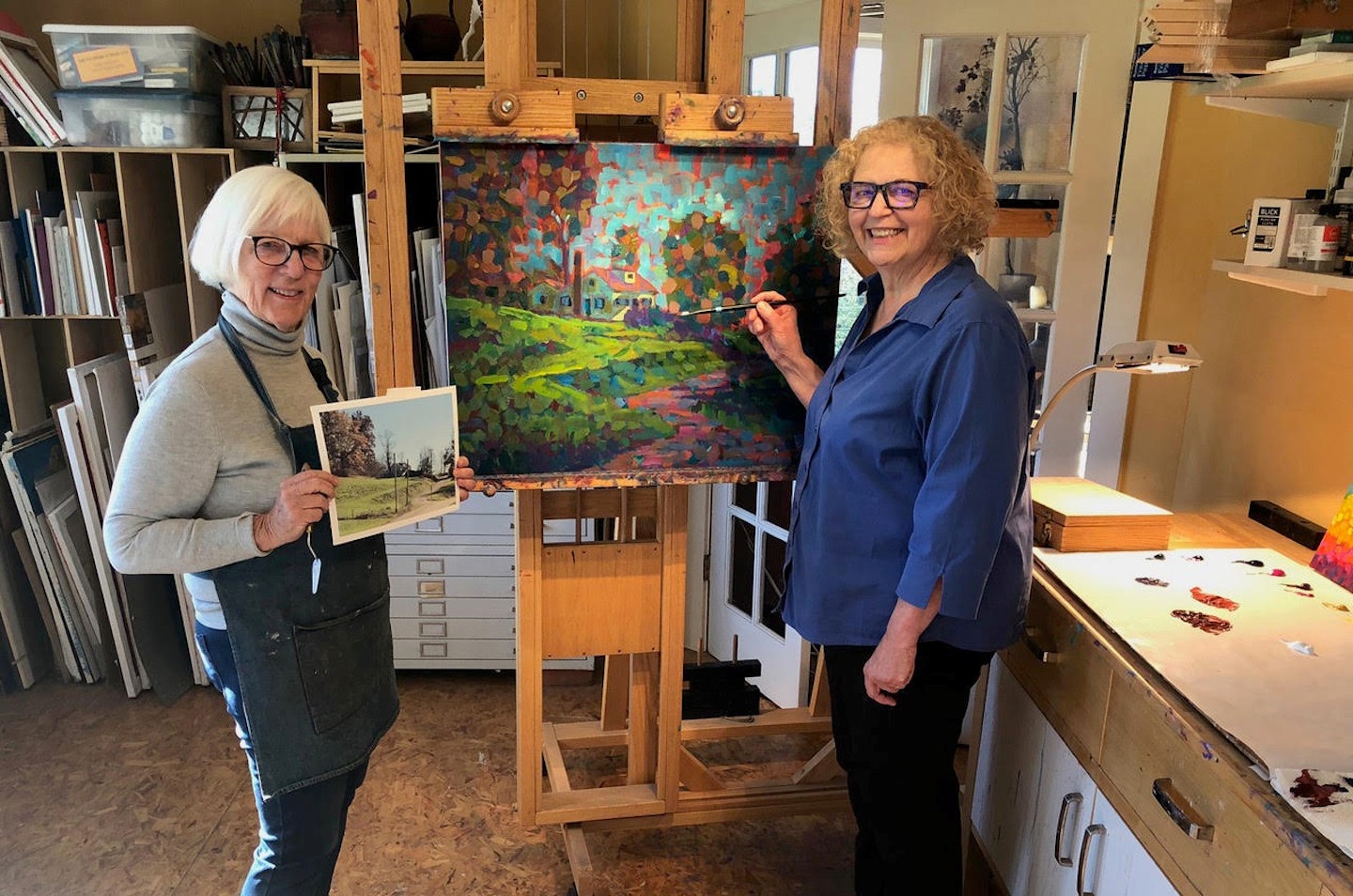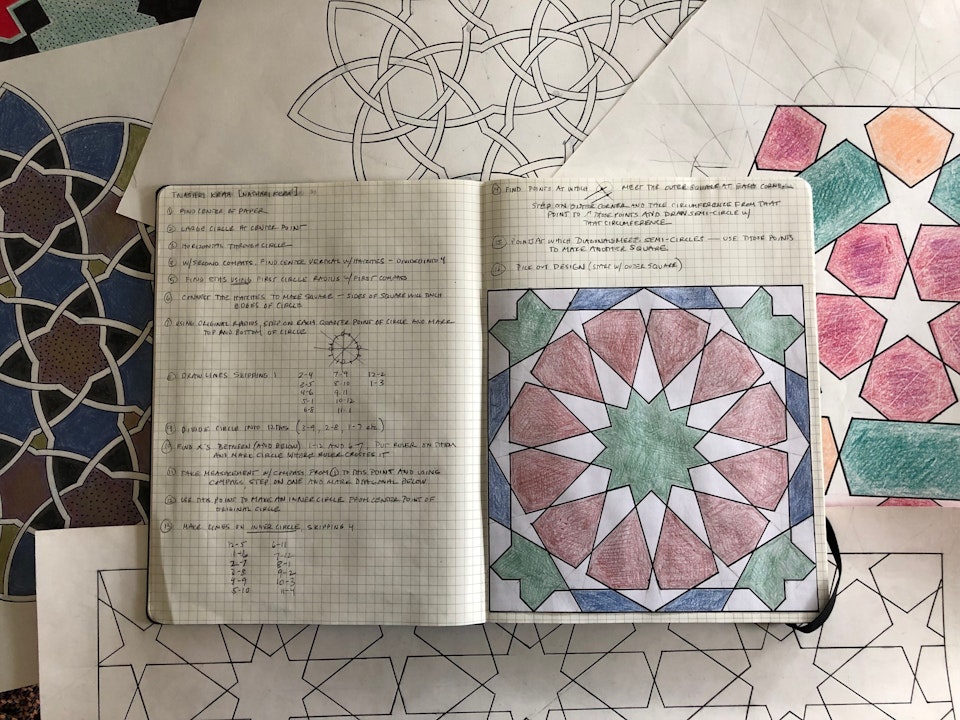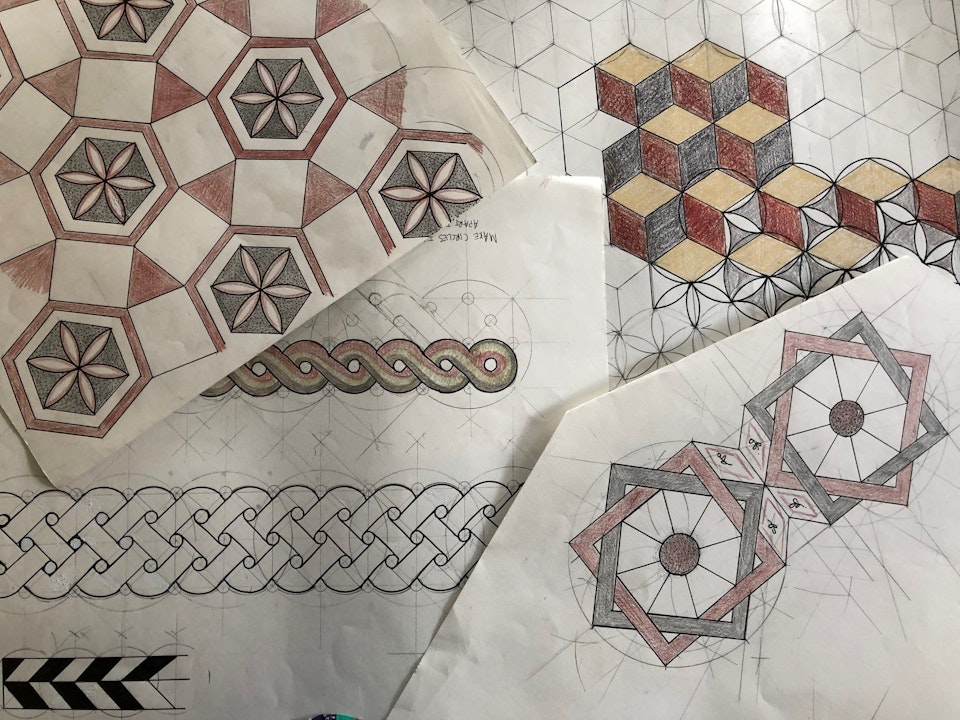April 09, 2022
Don't "Miss-Education"

“Live as if you were to die tomorrow. Learn as if you were to live forever.”
--Mahatma Gandhi
In 1987, shortly after having my first child, a friend of a friend gifted me the book, Miseducation: Preschoolers at Risk, by child psychologist David Elkind. Not knowing this woman that well, I was surprised by the gift—and the accompanying card’s postscript telling me that it was essential that I read this book. I was a new mother and she was a teacher at a famous “experimental” private school for children, so I did not hesitate to do so.
At this point, you must be asking: “Why I am writing a blog post for VAWAA about a book on preschool education?” The answer is—because it changed my life. Elkind was essentially explaining to parents how the 1980’s trend to raise little geniuses that could do math before they ate solid food and read before they walked could harm a child’s psyche. (I exaggerate, but you get the idea.) Learning, he believed, was not something to be rushed. As a potential “Tiger Mom,” I benefitted greatly from Elkind’s teaching and allowed my children to learn at their own pace. But there was more. I was also personally impacted by an ancillary point in the book: that learning should be a lifelong pursuit—not something that ends with your formal education. And, essentially, this is the principle that has guided my life.
What might be surprising to the readers of this VAWAA blog, whom I assume are at least somewhat interested in lifelong learning, is that, over the course of my life, I have continually been teased for being “the perpetual student”—and the criticism has only gotten worse with age. Random extended family members, friends, and coworkers roll their eyes when I tell them about a class I plan to take or a subject I am studying. “What are you going to do with that?” they ask, as if knowledge and/or a challenging experience has no value in and of itself. But I will argue that even my most unsuccessful ventures—like glassblowing, where I ended up burning myself every week because I’d fail to remember how long the tools stayed hot—were valuable experiences. I will never look at a glass object again, without understanding the complexity of the process that went into its creation. Watching a glassblower work is not the same; they are skilled artisans that make the effort look easy. It’s the doing—the experiencing--that brings understanding.
This is why I believe that VAWAA, as a venue for lifelong learning, is such a valuable organization. Even more to the point, as an art historian, I believe its focus on the arts provides an essential response to a world that, more and more, seems to feel that the humanities education is somehow not as important as science, technology, engineering, and math (STEM) learning. An historical perspective will tell you that this is not true.
During the Covid-19 lockdown, I so appreciated VAWAA and other arts organizations rising to the occasion to offer online courses. And, okay, so now is when I start sounding a bit crazy…And let me preface this by saying that I recognize my privilege: I was able to keep my job and work from home, I live a comfortable life and did not have small children to educate and entertain. Here it is. Over the past 2+ years I have taken over 30 online courses from a number of places—some a single session, many for free or “pay what you can.” I even taught an online course on Japanese prints for a local arts organization. I know it sounds like a lot, but these courses kept me sane, providing a bit of social interaction, new experiences and projects on which to focus in my suddenly plentiful free time. It all began with Hamza’s Moroccan Geometric Drawing class offered by VAWAA. It was challenging, yes, but also meditative—something that allowed for a bit of mental respite from the world’s problems. I loved it.
Learning the art of Moroccan geometry with Hamza
I took a few of his courses and followed them up with two Roman Mosaic Drawing classes with Colleen and an Arabesque Painting class with Ruba. I have continued with the online courses and, at the moment, I’m enjoying the Improvisational Fabric Collage and Stitching class with Debra. Outside of VAWAA, I took courses in everything from polymer clay jewelry-making to paper marbling, bookbinding to suminagashi, needle felting to mosaics—and even gold-leafing!
Studying Roman mosaics with Colleen
These classes made the long period of isolation so much easier to bear. However, one of the most significant things I learned taking these classes was what a godsend they were to people with mobility and transportation issues—people who can’t ever easily leave their homes to pursue learning experiences. I hope, therefore, that all of these arts organizations now understand that online learning should always be part of their curriculum.
Recently, I had the opportunity to have my first in-person Vacation with an Artist. I went to study painting with Beverly in Napa, California. As I wrote in my review: “It (sic) was truly inspiring! Beverly was a wonderful teacher who not only led me through the process of creating a wonderful work of art, but gave me the painting skills and confidence I needed to paint in the future—all in four days!” I have painted on and off all my life, but when I arrived at Beverly’s studio the first day, I told her I wanted to start from the beginning—to learn her way of doing things and it was a transforming experience! And, as I alluded to earlier, all the YouTube videos (which I also love) in the world could not have competed with experiencing the painting process myself under the guidance of a generous and talented artist.
In closing, I might also add a bit of advice I think might be valuable to the potential life-long learner, because, while talking with the “eyerolling naysayers,” who do not share my philosophy, I have noticed a common theme in their responses to my various pursuits. As older adults, it seems that they would never want to put themselves in the position of “being a beginner.” They are uncomfortable with the idea of being a novice at something—and maybe even afraid (my words) that they will not succeed if they try something new and different. I get this. I am an academic professional with a Ph.D. I am the Japanese Art Specialist for an art library at an ivy league university. I am used to being “the expert.” But my advice is to relish being a beginner—even if you come to something with some prior knowledge. The expectation is so low that it is positively freeing, and I promise that, with a little humility and effort, great things will result. After all, when do you ever get the chance these days to have nothing expected of you? And, to my contemporaries out there in their senior years, don’t forget that it has been proven time and time again, that learning new things can slow cognitive decline. Crossword puzzles and sudoku are fine, but why not spice things up a bit. It can be very satisfying! After only a few weeks of Italian language classes, for example, I can order a meal and tell you what I want to do this weekend (but also what I must do this weekend!)—these, my “beginning” baby steps to one day study classical mosaic-making with the masters in Ravenna, Italy.
So, what’s next? Well, I see on David Elkind’s Wikipedia page that he, now age 91, “has recently taken up pottery.” I will continue my Italian lessons and next month, my daughter, Halcyon, and I—thanks to her very generous Christmas gift to me, will be traveling to Gee’s Bend to learn to make quilts with Loretta and Marlene. These are the kind of quilts I remember Halcyon’s paternal African-American great-grandmothers making for the family before Halcyon was born—and I am thrilled that we will not only have this very special mother-daughter experience, but that Halcyon will personally be able to experience this important aspect of our family heritage.
Written by Nicole Fabricand-Person
Vacation with Beverly in the Napa Valley.
For more stories and new artist updates, subscribe here.

